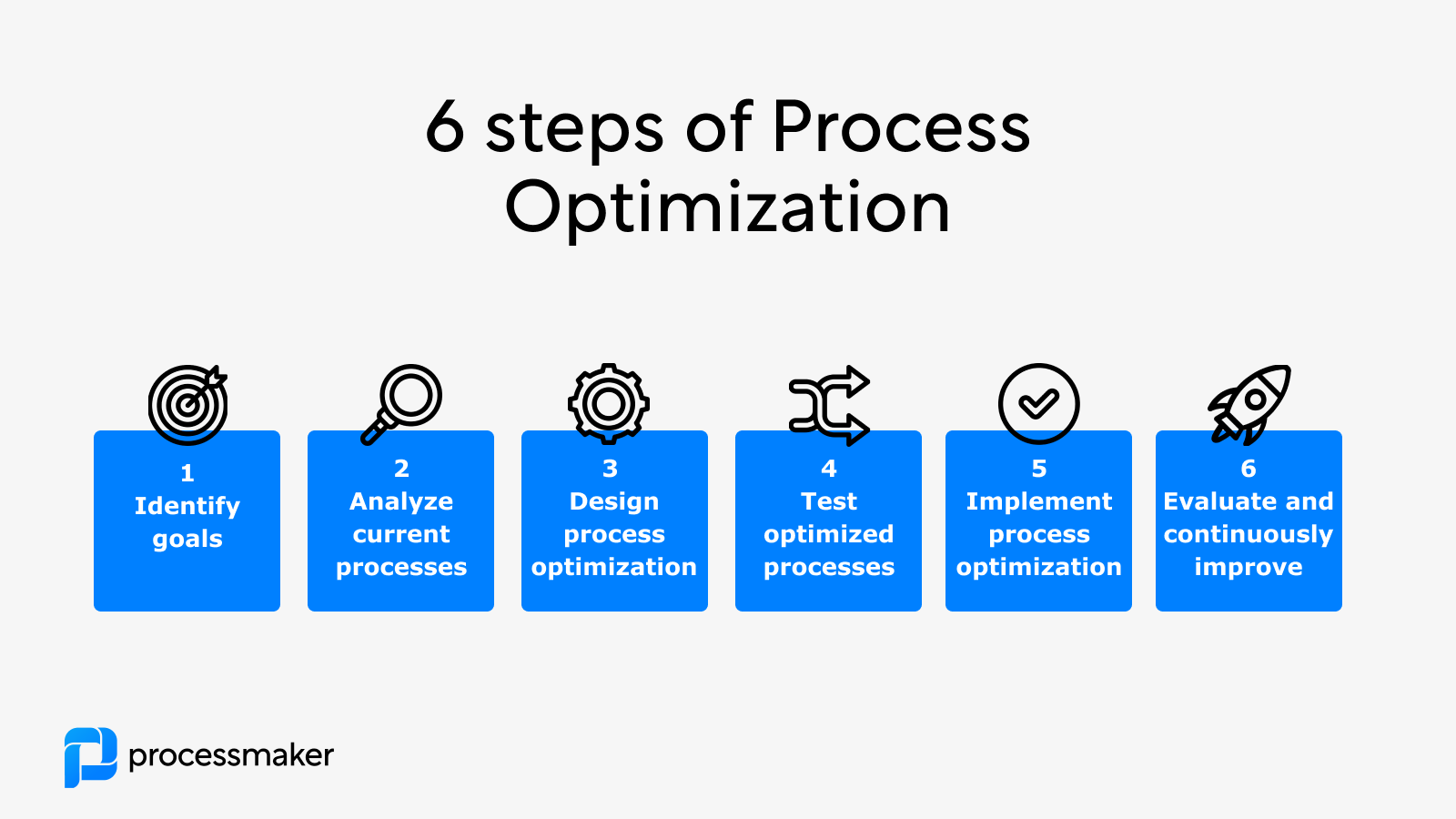In the competitive landscape of digital marketing, Pay-Per-Click (PPC) advertising has emerged as a powerful tool for businesses to drive traffic and generate leads. However, simply launching a PPC campaign is not enough; effective bid management and optimization are crucial to maximizing your return on investment (ROI). This guide will explore the key strategies and best practices for mastering bid management and optimization in your PPC campaigns.
Understanding Bid Management

Bid management refers to the process of setting, adjusting, and optimizing bids for keywords and ad placements inMastering Bid Management & Optimization: A Guide for Maximizing Your PPC Campaigns PPC campaigns. The goal is to ensure that you are bidding effectively to achieve the best possible ad positions while managing your advertising budget efficiently. Here are the critical elements to consider:
- Manual vs. Automated Bidding:
- Manual Bidding: This traditional approach gives you complete control over your bids. You can set specific bids for individual keywords based on their performance. While this method can be time-consuming, it allows for precise adjustments.
- Automated Bidding: This method utilizes algorithms and machine learning to adjust bids based on various factors, such as the likelihood of conversion. Google Ads and other platforms offer automated bidding strategies like Target CPA (Cost Per Acquisition) and Target ROAS (Return on Ad Spend), which can save time and optimize results.
- Bid Adjustments:
- Bid adjustments allow you to increase or decrease bids based on specific criteria, such as device type, location, time of day, and audience. For instance, if you notice that mobile users convert at a higher rate, you can increase bids for mobile devices to capture more traffic.
- Budget Allocation:
- Allocating your budget effectively across campaigns and ad groups is essential. Consider using historical data to determine which campaigns perform best and allocate more budget to those areas. Regularly review and adjust your budget based on performance metrics.
Setting the Right Goals
Before diving into bid management, it’s essential to define clear objectives for your PPC campaigns. Common goals include increasing website traffic, generating leads, or driving sales. By establishing specific, measurable goals, you can tailor your bid management strategies to align with these objectives.
Keyword Research and Selection
Effective bid management begins with thorough keyword research. Identifying the right keywords to target will ensure that your ads reach the appropriate audience. Here’s how to conduct effective keyword research:
- Use Keyword Tools: Utilize tools like Google Keyword Planner, SEMrush, or Ahrefs to discover keywords relevant to your business. Analyze search volume, competition, and cost-per-click (CPC) to determine which keywords to target.
- Long-Tail Keywords: Consider incorporating long-tail keywords into your strategy. While these keywords typically have lower search volumes, they often lead to higher conversion rates due to their specificity.
- Negative Keywords: Implementing negative keywords is crucial to filtering out irrelevant traffic. This prevents your ads from showing for searches that are unlikely to convert, helping to maximize your budget.
Bid Optimization Strategies

Once you’ve set your goals and selected your keywords, it’s time to implement bid optimization strategies. Here are some effective techniques:
- Monitor Performance Metrics: Regularly analyze key performance indicators (KPIs) such as click-through rate (CTR), conversion rate, cost per conversion, and ROI. Use these metrics to identify underperforming keywords or ad groups that may require bid adjustments.
- A/B Testing: Experiment with different ad copies, landing pages, and bidding strategies. A/B testing allows you to compare the performance of different approaches and optimize your campaigns based on data-driven insights.
- Adjust Bids Based on Time of Day: Analyze your performance data to determine which times of day yield the best results. If certain hours drive more conversions, consider increasing your bids during those times to capitalize on the higher traffic.
- Device Targeting: As mobile usage continues to rise, it’s essential to tailor your bids based on device performance. If mobile devices generate higher conversion rates, increase bids for mobile traffic to enhance your overall performance.
- Leverage Ad Extensions: Utilize ad extensions to enhance your ads’ visibility and provide additional information. Features like site link extensions, callout extensions, and structured snippets can improve CTR and overall ad performance.
Continuous Optimization and Adaptation

Bid management is not a one-time task; it requires continuous monitoring and adaptation. Regularly review your campaigns to identify trends, changes in consumer behavior, and fluctuations in competition. Here are some tips for ongoing optimization:
- Stay Updated on Industry Trends: The digital marketing landscape is constantly evolving. Stay informed about changes in algorithms, new features on ad platforms, and shifts in consumer behavior to adapt your strategies accordingly.
- Utilize Reporting Tools: Leverage reporting tools provided by PPC platforms to gain insights into campaign performance. Use this data to make informed decisions about bid adjustments and budget allocations.
- Engage in Regular Account Audits: Conduct periodic audits of your PPC accounts to ensure that everything is running smoothly. Check for any discrepancies, outdated keywords, or underperforming ads that may need adjustments.
Conclusion
Mastering bid management and optimization is essential for maximizing the effectiveness of your PPC campaigns. By understanding the fundamentals of bid management, setting clear goals, conducting thorough keyword research, and implementing effective optimization strategies, you can significantly enhance your ROI. Remember that continuous monitoring and adaptation are key to staying competitive in the ever-changing landscape of digital marketing. With the right strategies in place, your PPC campaigns can drive substantial traffic and conversions, ultimately contributing to your business’s success.
